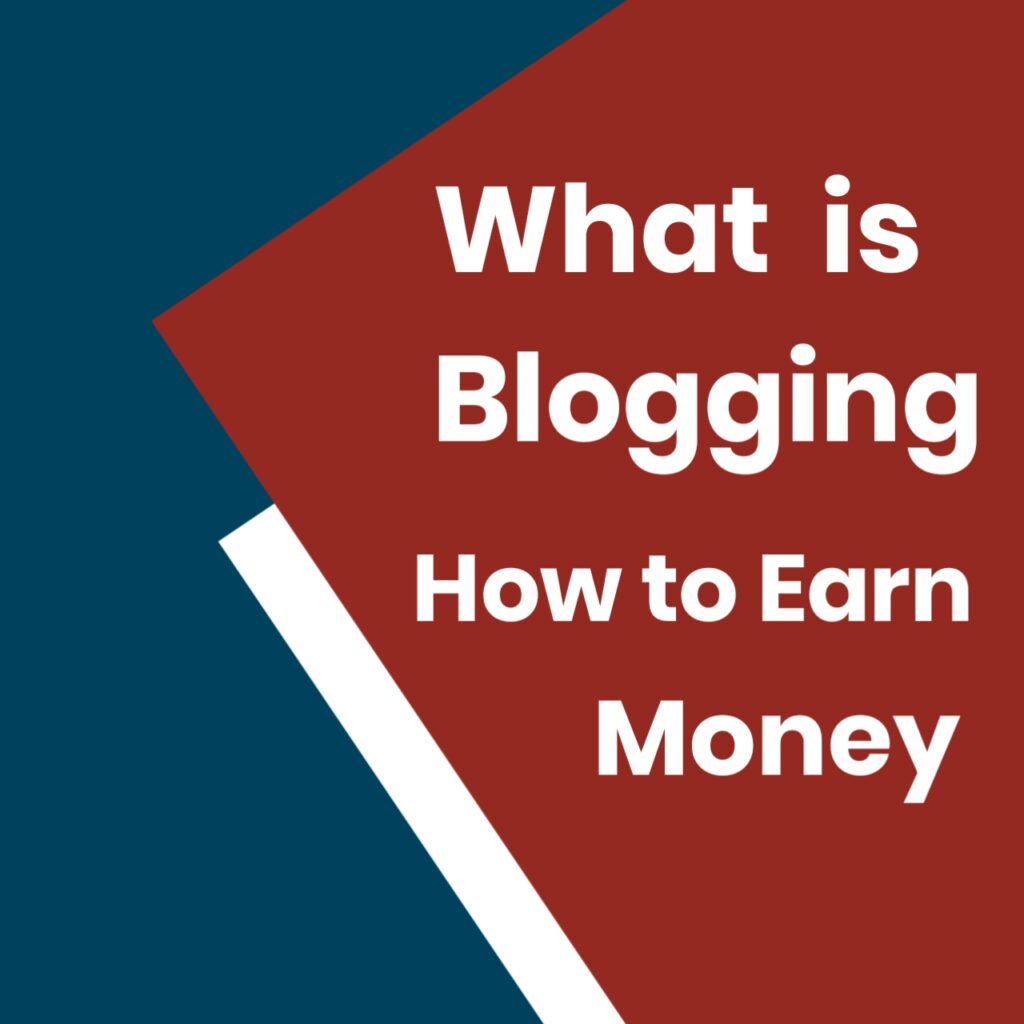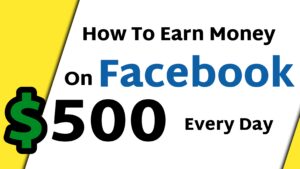
what is blogging
In today’s digital age, where information is just a few clicks away, blogging has emerged as a dynamic platform for individuals and businesses alike to share their thoughts, insights, and expertise with a global audience. Whether you’re an aspiring writer, a business owner, or simply someone with a passion for a particular subject, blogging provides an avenue to connect, engage, and inform. In this article, we delve into the world of blogging, exploring its origins, significance, and how you can embark on your own blogging journey.
Introduction: Understanding the Essence of Blogging
At its core, blogging is the art of expressing your thoughts, experiences, and insights on the digital canvas known as the internet. It allows you to create and curate content that resonates with your passions, interests, and expertise. Whether you’re a travel enthusiast sharing your adventures, a fashion maven discussing the latest trends, or a business owner showcasing your products and services, blogging offers a versatile platform for you to connect with a diverse and global audience.
The Evolution of Blogging: From Personal Diaries to Digital Dominance
Blogging’s journey began as a form of online journaling, where individuals could share their daily experiences and personal musings with a limited audience. However, as the internet evolved, so did blogging. It transformed from mere diary entries into a powerful medium for disseminating information, voicing opinions, and building communities.

Why Blogging Matters: Unleashing the Power of Online Expression
Blogging is more than just putting words on a screen; it’s about creating a meaningful connection with your readers. It empowers you to share your unique perspective, offer valuable insights, and contribute to ongoing conversations within your chosen niche. In an era where authentic voices are valued, blogging allows you to establish yourself as an authority and thought leader.
4.1 Choosing Your Blogging Platform
Selecting the right blogging platform is crucial to your blogging journey. Popular options like WordPress, Blogger, and Wix offer user-friendly interfaces and customizable templates that cater to both beginners and experienced bloggers.
4.2 Defining Your Niche and Audience
Identifying your niche – the specific topic or theme of your blog – helps you attract a targeted audience. Whether it’s cooking, fashion, tech, or personal development, knowing your niche ensures you create content that resonates with your readers.
4.3 Crafting Compelling Content Ideas
Brainstorming and planning your content is essential for consistent and engaging blogging. Research trending topics, explore your own experiences, and think about how you can add value to your readers’ lives through your posts.
Crafting Captivating Content: The Heart of Successful Blogging
5.1 The Art of Engaging Writing
Compelling writing is the cornerstone of a successful blog. Write in a conversational style, use relatable anecdotes, and address your readers directly to create a personal connection that keeps them coming back for more.
5.2 Incorporating Visual Elements: Images and Videos
Visual elements enhance the reader’s experience and make your content more shareable. Use high-quality images, infographics, and even videos to complement your written posts.
5.3 Making the Most of SEO: Keywords and Optimization
Search Engine Optimization (SEO) is essential for reaching a wider audience. Incorporate relevant keywords naturally throughout your content, optimize meta descriptions, and use internal and external links to boost your blog’s visibility.
Building Your Blogging Brand: Consistency and Authenticity
6.1 Establishing a Unique Voice and Style
Your blog’s voice and style set you apart from other bloggers. Be authentic, showcase your personality, and let your individuality shine through your writing.
6.2 Consistency: The Key to Growing Your Audience
Consistent posting helps you retain and grow your readership. Set a posting schedule that works for you and stick to it, ensuring your audience knows when to expect fresh content.
6.3 The Role of Social Media in Blog Promotion
Social media platforms provide an excellent avenue to share your blog posts, engage with readers, and attract new followers. Leverage platforms like Instagram, Twitter, and Facebook to expand your blog’s reach.
Engaging with Your Audience: Fostering Connections and Community
7.1 Encouraging Comments and Discussion
Encourage readers to leave comments and share their thoughts on your posts. Respond to their comments to create a sense of community and show that you value their input.
7.2 Responding to Reader Feedback
Constructive feedback helps you improve your content and build stronger connections with your audience. Welcome both positive and critical feedback, and use it to enhance your future posts.
7.3 Collaborations and Guest Blogging
Collaborating with other bloggers or accepting guest posts on your blog can introduce fresh perspectives and widen your reach. It’s a win-win for both parties involved.
Monetizing Your Blog: Turning Passion into Profit
8.1 Exploring Different Monetization Strategies
Blogging can also be a source of income. Explore options such as affiliate marketing, sponsored posts, and selling digital products to monetize your blog effectively.
8.2 Affiliate Marketing: Partnering for Success
Partnering with brands through affiliate marketing allows you to earn a commission for promoting their products or services. Choose affiliates that align with your blog’s niche and values.
8.3 Creating and Selling Your Own Products
If you have expertise or creative skills, consider creating and selling your own digital products like e-books, courses, or printables. This can be a lucrative way to generate income from your blog.
Overcoming Blogging Challenges: Persistence and Growth
9.1 Dealing with Writer’s Block: Tips and Techniques
Writer’s block is a common hurdle in blogging. Overcome it by taking breaks, seeking inspiration from other sources, and keeping a running list of content ideas.
9.2 Managing Time and Consistency
Consistency requires effective time management. Create a content calendar, allocate specific time slots for writing and editing, and prioritize tasks to stay on track.
9.3 Adapting to Evolving Online Trends
The online landscape is ever-changing. Stay adaptable by staying informed about the latest trends, technologies, and best practices in the blogging world.
Conclusion:
Blogging is a powerful means of self-expression, connection, and growth. By sharing your unique perspective and insights, you contribute to a diverse digital ecosystem while nurturing your creativity and expanding your horizons.
FAQs
11.1 What is the ideal length for a blog post?
Blog post length can vary, but a general guideline is around 1,500 to 2,500 words. However, prioritize quality over quantity and ensure your content is valuable and engaging.
11.2 Can I start a blog without any technical knowledge?
Absolutely! Many blogging platforms offer user-friendly interfaces that require minimal technical know-how. You can start blogging with ease and learn as you go.
11.3 How often should I publish new blog posts?
Consistency is key. Aim for a posting schedule that you can realistically maintain, whether it’s once a week, bi-weekly, or monthly.
11.4 Is it necessary to interact with my readers through comments?
Engaging with readers through comments fosters a sense of community and connection. While it’s not mandatory, it enhances reader engagement and loyalty.
11.5 What are some inspiring blog niches to consider?
Some popular blog niches include travel, health and wellness, personal finance, beauty and fashion, technology, and self-improvement. Choose a niche that aligns with your interests and expertise.




